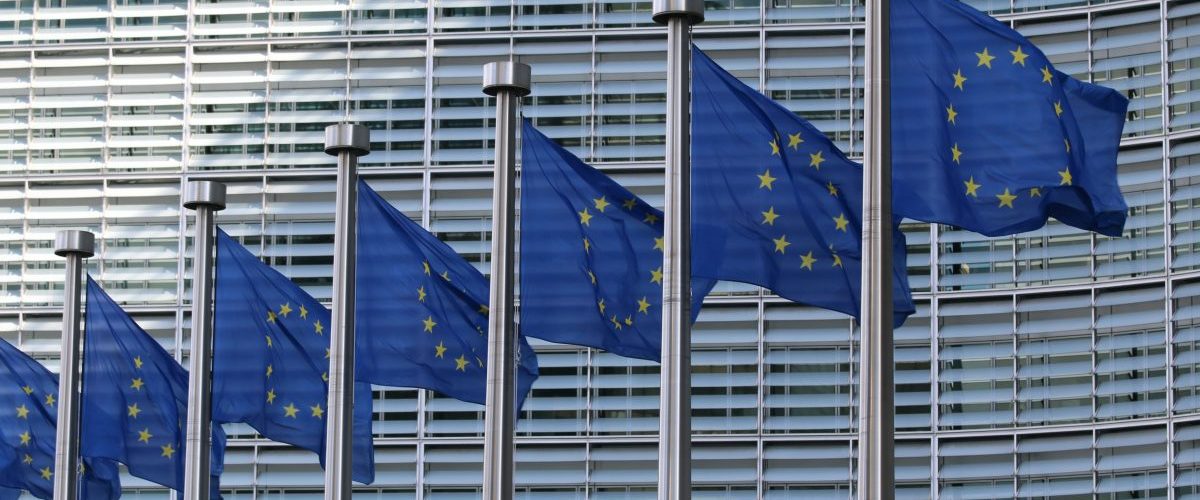- 113th meeting – WP 969 – French Questions on Transactions related to the recharging of electric vehicles
- Minutes 113th VAT Committee meeting dd. June 3, 2019
- The Commission services presented the Working paper that had been drawn up on the basis of a submission by the French delegation.
The French authorities asked for the assessment of the VAT treatment of the transactions occurring in the following situation: An infrastructure operator provides a range of goods and services related to and including the recharging of electric vehicles. A mobility operator, acting in his own name and on his own behalf, offers these goods and services to his customers by way of his own subscription arrangements.
When assessing the supplies carried out by the infrastructure operator and by the mobility operator it has to be examined what exactly is supplied to whom and whether what is supplied is a single supply with a main element and additional transactions that serve to deliver the main element in the best way possible or whether instead a number of distinct supplies are made.
In line with the reasoning of the Court of Justice of the European Union in its ruling in case C-185/01 “Auto Lease Holland” it could be argued that the infrastructure operator provides the electricity directly to the electric vehicle owners. In such a scenario it then has to be assessed as well, what kind of services the mobility operator is supplying to the infrastructure operator and/or the users of the electric vehicles that subscribed to his services.
However, considering that the mobility operator acting in his own name and on his own behalf offers services to his customers that go beyond the mere supply of electricity for their vehicles, the infrastructure operator could also be seen as supplying the electricity to the mobility operator. The mobility operator would then qualify as a taxable dealer of electricity in accordance with Article 38(2) of the VAT Directive. The onward supply by the mobility operator would also qualify as a single supply of electricity; the additional services supplied would only facilitate the access to the vehicle recharging point.
These two possible scenarios lead to different outcomes in terms of the place of supply and may require the distinction between supplies to business customers and to non-taxable persons.
Before opening the floor to delegations, the Chair thanked the French delegation for having brought that interesting issue to the VAT Committee. She pointed out that the Commission services’ analysis should be regarded as preliminary as it was solely based on the information received from the French delegation. There had been no time for further research, nor could her services draw on own experiences with the transactions described.
In the ensuing discussions, less than half of the delegations took the floor. There was consensus that in the scenario as described the supply of electricity was the main transaction to assess. Most of the delegations opined that the infrastructure operator provides the electricity to the mobility operator who in turn supplies the electricity together with additional services to his customers. A few delegations remarked that the issue was new to them and that they therefore did not have a firm view due to their lack of xperience. One delegation stated that in their own Member State they encounter a comparable scenario with the supply to yachts where marina operators buy goods, which they then supply on to yacht owners.
The Chair thanked delegations for their contributions and concluded that her services would reflect on guidelines to be drafted.
- The Commission services presented the Working paper that had been drawn up on the basis of a submission by the French delegation.
- 118th meeting – WP 1012 – Italian question on the recharging of electric vehicles
- Guidelines resulting from the 118th meeting of April 19, 2021
- 1. The VAT Committee unanimously agrees that in a typical value chain of charging of electric vehicles where there is a Charge Point Operator (CPO) and a Mobility provider (eMP), the CPO shall be seen to supply electricity within the meaning of Articles 14(1) and 15(1) of the VAT Directive to the eMP, while the eMP shall be seen to carry out the same supply of electricity to the driver.
- 2. The VAT Committee unanimously agrees that in these circumstances the eMP shall be considered to be acting as a taxable dealer within the meaning of Article 38(2) of the VAT Directive. Therefore, the VAT Committee unanimously agrees that the supply of electricity by the CPO to the eMP shall be deemed to be made at the place where the taxable dealer (the eMP) has established his business according to Article 38(1) of the VAT Directive.
- 3. The VAT Committee unanimously agrees that the supply of electricity by the eMP to a driver recharging his or her electric vehicle shall be deemed to be made at the place where the driver effectively uses and consumes the goods, thus at the location of the charging terminal in line with Article 39 of the VAT Directive.














